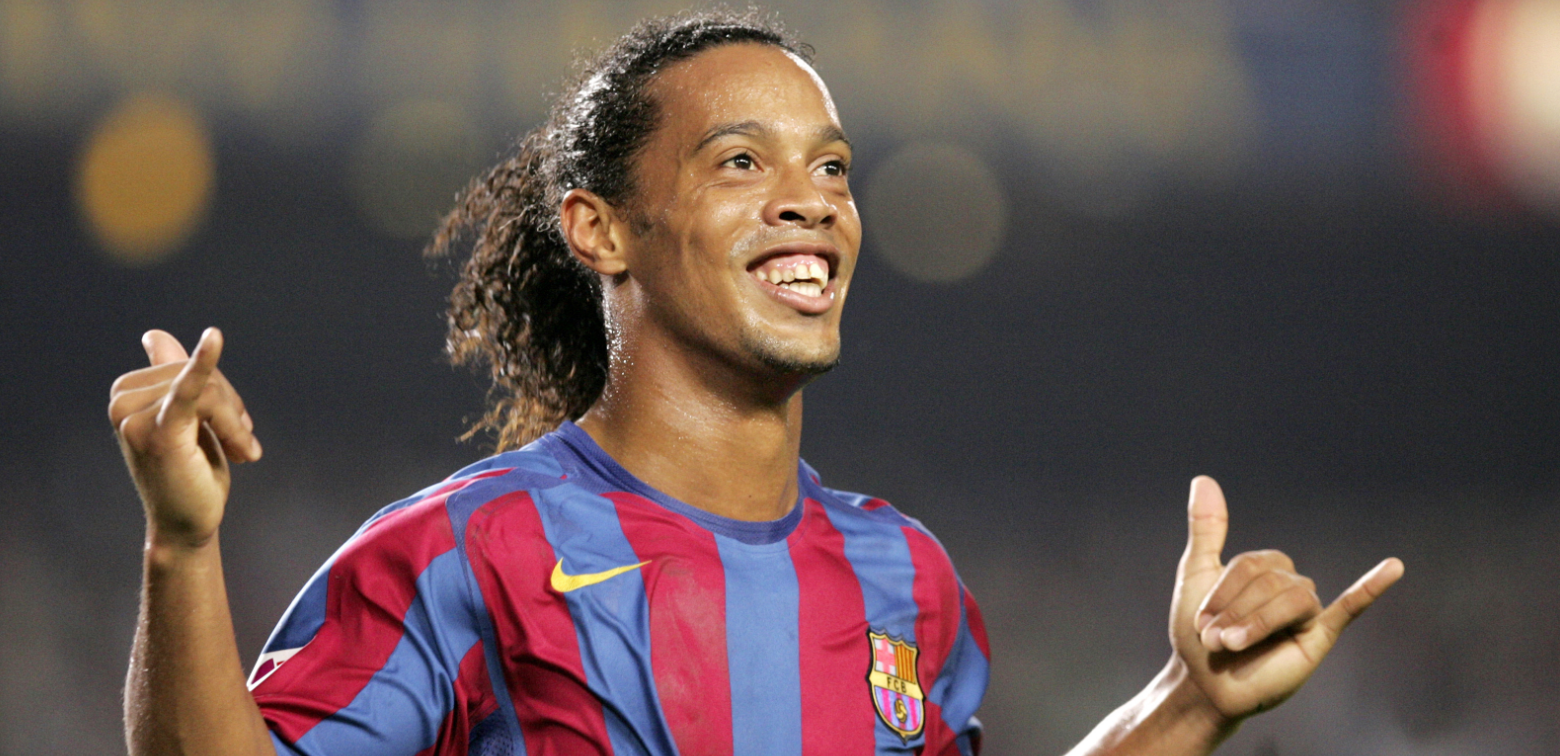
July 19, 2003, stands as a watershed moment in FC Barcelona’s storied history—a date that would redefine the club’s identity and reignite its golden era after a period of stagnation. At the time, Barça was mired in a five-year trophy drought, struggling to recapture the dominance that had defined their 1990s successes. The club’s hierarchy, led by newly elected president Joan Laporta, recognized the need for a transformative figure to galvanize the team and its fanbase. That figure arrived in the form of Ronaldinho, whose €30 million transfer from Paris Saint-Germain marked not just a signing, but a declaration of intent.
The Brazilian’s arrival sent shockwaves through European football. Ronaldinho, then 23, had already dazzled at PSG with his audacious skill and infectious flair, but his move to Camp Nou represented a quantum leap—both for the player and the club. Barcelona’s fans, starved of silverware, greeted him with raucous enthusiasm, and the anticipation was palpable: could this be the catalyst to end their title drought?
On the pitch, Ronaldinho exceeded all expectations. His playing style was a revelation—a blend of unrivaled technical brilliance, improvisational genius, and a joyous approach to the game that redefined Barcelona’s attacking philosophy. Where the team had once relied on rigid tactics, Ronaldinho introduced fluidity: his pinpoint passes unlocked defenses, his trademark “elasticos” left defenders sprawling, and his ability to score from improbable angles turned matches on their head.
His impact was immediate. In his debut season (2003–04), he scored 19 goals across all competitions, guiding Barça to a second-place finish in La Liga—their best result in five years. But it was in the 2004–05 campaign that he truly cemented his legacy: netting 24 goals, including a iconic solo strike against Real Madrid at the Santiago Bernabéu, where even opposing fans rose to applaud his brilliance. That season, Barcelona clinched their first La Liga title since 1999, with Ronaldinho orchestrating a frontline that included emerging talents like Samuel Eto’o and a teenage Lionel Messi, whom he took under his wing.
The momentum continued to build. In 2005, Ronaldinho became the first Barcelona player in 17 years to win the Ballon d’Or, a testament to his status as the world’s best player. A year later, he led Barça to an unprecedented treble: La Liga, the Copa del Rey, and the UEFA Champions League. The 2006 Champions League final in Paris remains etched in history, as his early goal and relentless creativity propelled Barcelona to a 2–1 victory over Arsenal, ending a 14-year drought in Europe’s top competition.
Beyond trophies, Ronaldinho’s influence transcended the pitch. He revitalized a club still reeling from the departure of legends like Rivaldo and Luis Figo, rekindling the “tiki-taka” spirit that would later define Guardiola’s era. Youngsters like Messi, who made his first-team debut in 2004, often spoke of Ronaldinho as a mentor—his generosity in sharing the spotlight and celebrating teammates’ success fostered a culture of unity.
By the time he departed in 2008, Ronaldinho had not only delivered two La Liga titles, a Champions League, and a Ballon d’Or but had also transformed Barcelona from a struggling giant into a global powerhouse. His July 19 signing wasn’t merely a transfer; it was a rebirth—one that laid the foundation for the club’s most dominant era in history.











